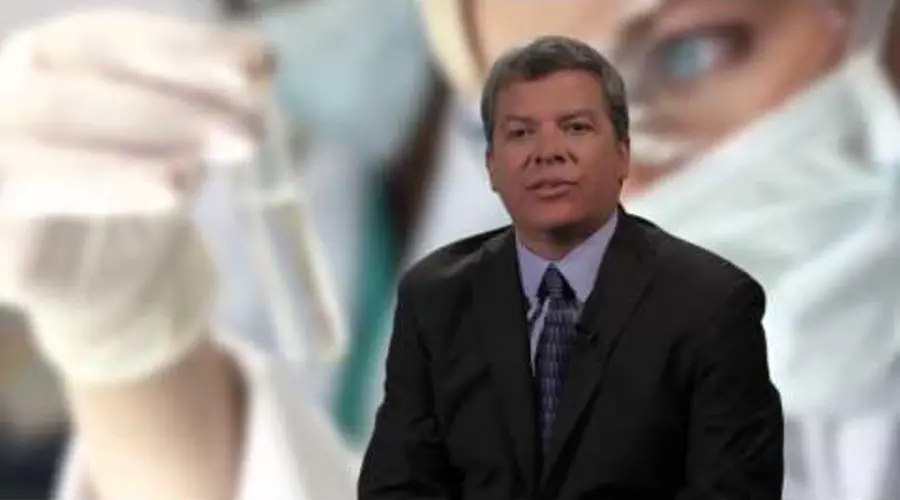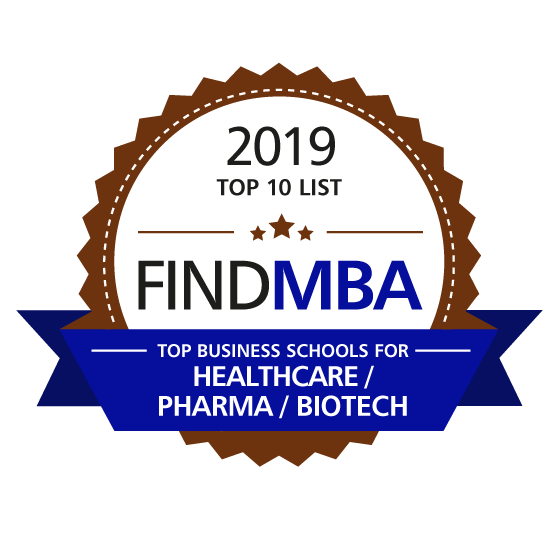More than half of the 20 largest pharma companies worldwide – companies like Novartis, Johnson & Johnson, Bristol-Myers Squibb, Merck, Novo Nordisk and Bayer Healthcare – call New Jersey home. So do a network of teaching hospitals and medical schools here and in neighboring New York City. If access to Big Pharma and healthcare is what you are looking for, Rutgers Business School is uniquely positioned to deliver.
Over the years, we've developed a legacy of strong relationships within this space that inform curriculum, enhance the student experience and connect students to jobs.
Our corporate partnerships provide you with access to industry-hosted seminars, and help support the prestigious Industry Scholars Program—a full-tuition scholarship for eligible Full-Time MBA students that offers meaningful internship opportunities and enhances employment prospects with industry giants.
The proof is in the numbers: More than 35% of Full-Time MBA students go on to jobs in pharma, biotech and healthcare.










